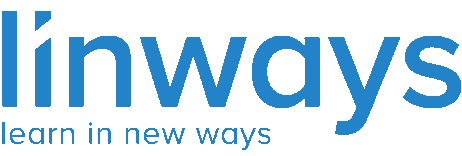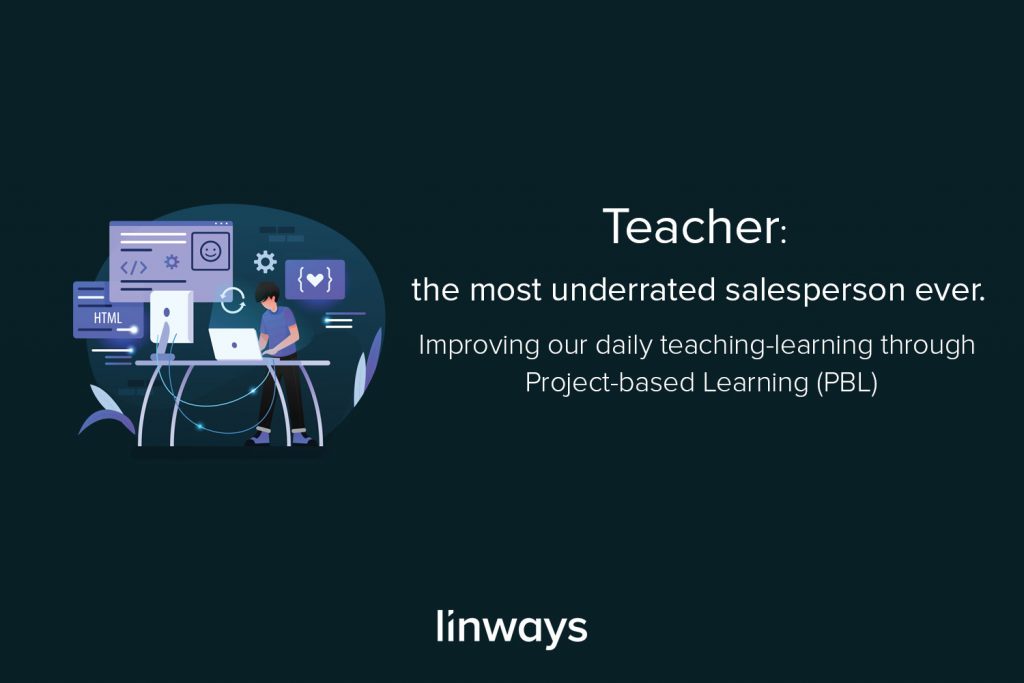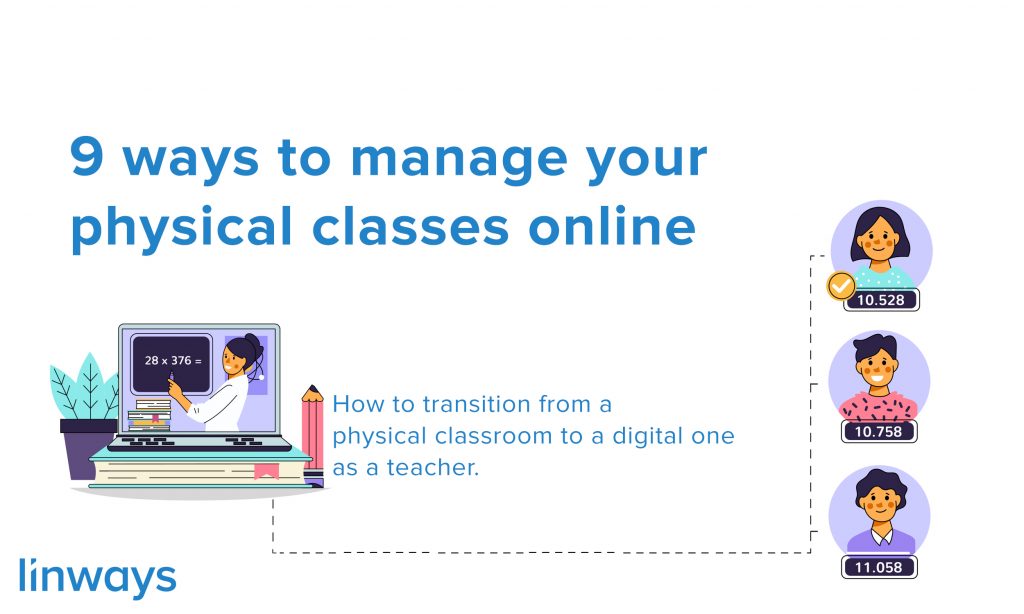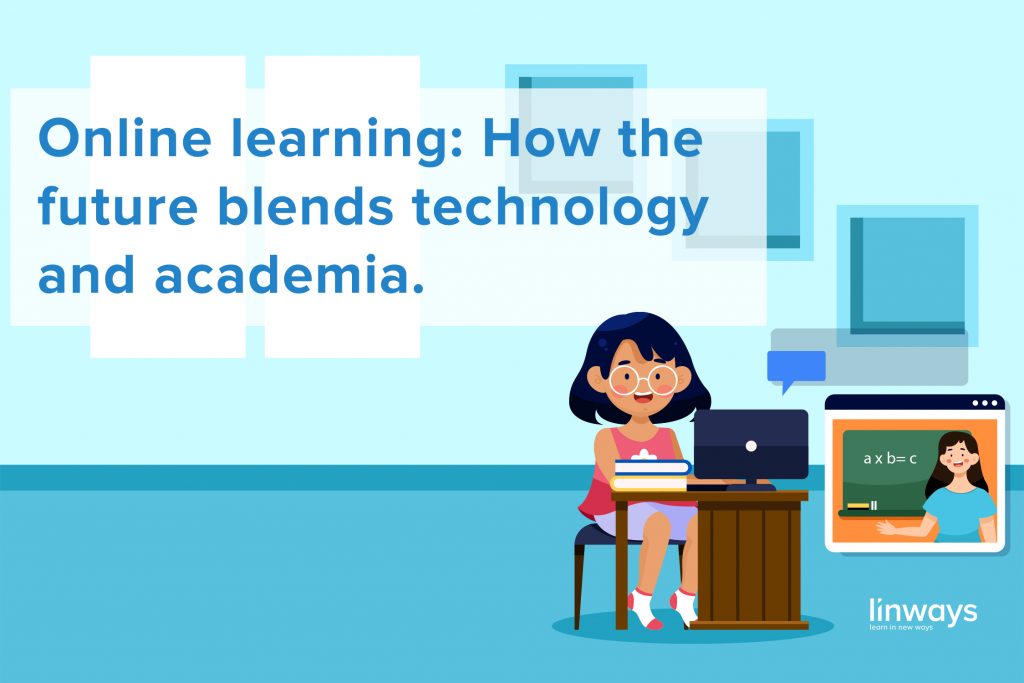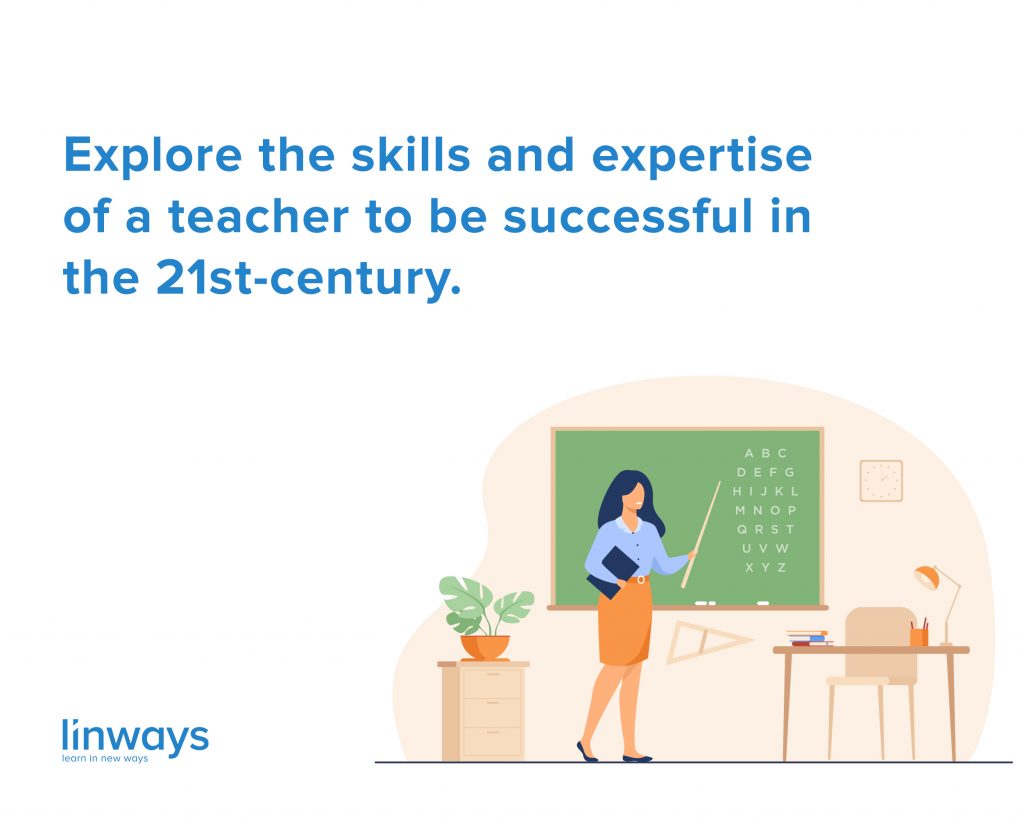
We’re well-off into the 21st-century and education is not as it was just a couple of years ago. Technology and the internet have penetrated deeply into the learning space and information has taken new forms and levels from textbooks and teacher’s notes. So for a new teacher, what skills and foundational knowledge make a successful career run? What are the necessary skills of a successful teacher of the 21t century that ensure the best results?
Read on as we answer these questions.
Some skills that can help you to manage to teach are:
Build relationships
Creating healthy relationships with your colleagues, students, and parents are a very effective ways to reduce your own stress and improve work satisfaction. Being in touch with students will give you great insights to how you can manage the classroom and how to inspire your students to perform better. Being in a teacher’s community, and widening your circle can bring wonderful solutions that you might not have even imagined along your way.
Encourage, inspire.
Your students are one of the biggest factors that make or breaks your time. As you build positive relationships, your message becomes easier to get across. Teaching will become easier for you, and learning will become easier for your students.
Maintain authority.
As a teacher, you are in charge. It all comes down to you to lead that bunch of students to their destination. You don’t have to be mean, you just have to mean it when you communicate. And speaking of communication,
Communicate with your students what your rules mean.
Share your plan or at least a synopsis of it. This will help your students to understand what to expect, and why you do it. This also goes along with sharing learning outcomes to improve student understanding of the learning processes.
Accommodate all learners.
Be student-centric. Students have the same need for the curriculum to be presented in a context that’s meaningful to them. Being student-centric and including every student in your teaching plan is a highly important teaching skill for the future. Remember to design lessons that challenge everyone in the way they need to be challenged.
The 21st-century teacher is technology-assisted.
Let’s face the facts for once. Being a 21st-century teacher is not all AI-driven, virtual reality classrooms where the students and teachers have projected holograms as we see in some weird depictions. But the modern teacher does have the advantage of technology in their favor. Communication is much easier with the rise of social media and teachers are well connected with their peer communities and students than ever before. All it takes is a text to let your students know what you’re up to.
We know teachers who use collaborative tools like Evernote, or MS office to organize and take hold of their daily tasks. These tools help them strategize better and share them with their colleagues for better inputs. So the 21st-century teacher makes use of technology to get things done. And speaking of strategizing, that brings us to our next characteristic, collaboration.
The characteristics of a 21st-century teacher.
The 21st-century teacher is collaborative.
Working well with others and collaborating is an essential 21st-century skill. The modern-day teachers need to know how to work well as a team. This includes both students and other fellow peers. According to the advancing research in learning sciences, teacher’s collaboration and interaction with the students play a huge role in deciding the final outcome.
With the communication technologies we have at our disposal, teacher-to-teacher collaboration is much more efficient than ever. Sharing teaching mechanisms, course materials, experiences, etc. to help save valuable time and energy, and build connections that would help you build your career. Again, the 21st-century teacher is well-connected in terms of peer-to-peer interaction, parent-teacher relationships, and student-teacher bonding.
The 21st-century teacher knows about personalized teaching experience & student-centered classroom.
The one-size-fits-all paradigm is long gone. We’ve acknowledged the fact that each student is different and learns in their own unique way. So the system has adapted to cater to each student’s needs and provide personalized care for them. The 21st-century teacher knows this and provides to the requirements of their students. Outcome-Based Education and learner-centric approaches are implemented in classrooms, all the way from k-12 till graduate or postgraduate classrooms.
The teacher can also make intelligent use of technology platforms and tools to carefully assess student performances and collect insights so that they can deliver personalized care for the learner. Academic management platforms like Linways helps teachers and institutional management to identify shortcomings in the syllabus and adapt quickly to cover those with these performance insights.
The 21st-century teacher is adaptive.
For millennia, the process of teaching has stayed the same. Though technology has started to replace some of the tools, the process is still the same. However, a 21st-century teacher is able to look at their practices and adapt to make teaching-learning more efficient and effective. Their adaptive techniques include finding new mechanisms to counter the sluggishness of the existing methods, integrating technology to automate or simplify daily tasks, implementing learning theories like the Outcome Based Education and rubrics like Bloom’s Taxonomy to gather insights and make it easier to positively react to the results and performances of the learner.
Being adaptive also means that a 21st-century teacher learns continuously. There is research being conducted on new tools and techniques for education, and other teachers sharing their experiences over discussion forums and teaching communities. This is a valuable resource for the modern teacher because this enables them to combine their own expertise and feedback from their peers to refine and improve their teaching methods.
And in the end, let’s also look at what a “successful teacher” actually means.
- Successful teachers have clear objectives.
Skilled teachers always set goals and objectives to take away the haze in measuring student performance and classroom efficiency. They have a clear idea as to what they should achieve. With a goal at the end, the path becomes easier to map out.
- Successful teachers have a sense of purpose.
This is correlated with the previous trait. Successful teachers have a passion that drives their journey towards greatness. Having a purpose, an aspect that excites you will help a great deal to keep the spirit up even during mundane eventless days and low times. - Successful teachers love feedback.
Feedback is essential in keeping the teaching career running. Successful teachers speak with their students, learn how they feel, what they care about, and use that knowledge to draw their interest. - Successful teachers know when to listen to students and when to ignore them.
A teacher who never listens to your students, you’ll fail. A teacher who always listens to your students, you’ll also fail. This is crucial because there will be times when the teacher will have to make decisions that might not fare well with their students. A successful teacher holds their ground. They know when to listen to their students, and when not to. - Successful teachers know how to take risks.
Risk-taking is part of success. What matters is the nature of the risk we take, and the reason we choose. As Albert Einstein so eloquently put, “A person who never made a mistake never tried anything new.” - Successful teachers are consistent
Consistency is not to be confused with adamancy. Successful teachers are consistent but reliable. They can be counted on. Consistency in principles and ideals goes far in inducing respect among students. - Successful teachers adapt to student needs
We have already written so much about this. Adapting to the changes in student interests, trends, innovations, and shifts in the industry is a crucial skill needed to stay relevant. Every successful teacher has made that transition to adapt. In a changing environment, it’s pretty basic to stay responsive and react to those changes. - Successful teachers welcome change in the classroom
As long as we are on the topic of adaptation, let’s make it clear that adaptation doesn’t mean taking in everything that’s new. A successful teacher keeps their judgment open, and welcome new changes that improve education for their students and themselves. However, stay put for changes that negatively affect productivity and experience. - Successful teachers take time to explore new tools
This is also part of staying relevant. Every day there are new technology platforms and tools being surfaced that could make or break the teaching game. Successful teachers often search for these tools and integrate them into their strategy to improve efficiency, reduce tenuous mundane workload, and boost the quality of education. - Successful teachers never stop learning
To expand from the last point, a successful teacher always stays updated and keeps on learning. It could be about the subject they teach, an industry breakthrough, an interesting hypothesis in research, or something that would simply improve the lives of their peers. Learning is elementary in teaching.
Also published on Medium.
